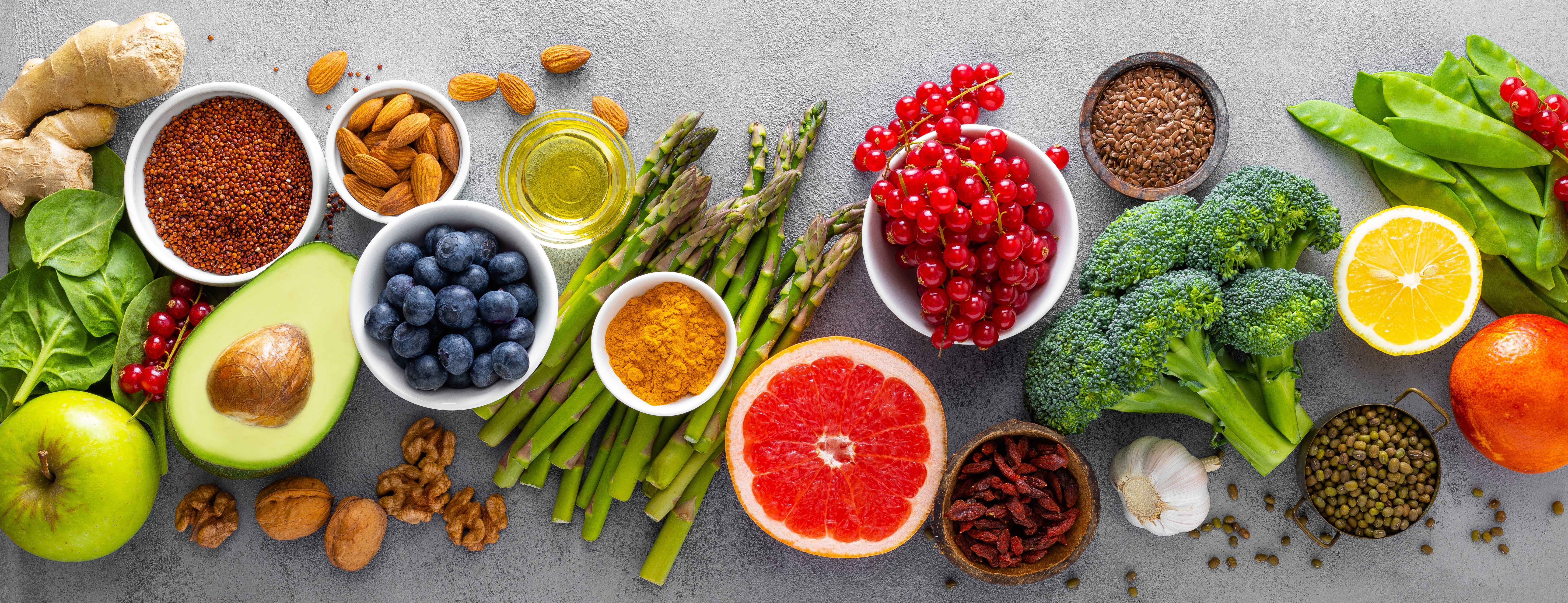Inflammation can be a significant health concern and is often associated with your diet. On a basic level, inflammation is your body’s natural response to injury or illness and usually goes away on its own. However, chronic inflammation is a different kind of inflammation that can affect your whole body. Chronic inflammation is associated with many diseases such as diabetes, cardiovascular disease, Crohn’s disease, cancer, arthritis, Alzheimer’s and being overweight. Although there are other contributing factors linked to chronic inflammation, like long-term stress or exposure to toxins in the environment, there are certain foods that contribute as well. These foods, which are generally considered unhealthy, include processed foods, commercial baked goods, bread and pasta made with white flour, soda and other sugar-sweetened beverages, processed meats, margarine, shortening, lard and deep-fried items.
There is a good chance you don’t even realize you have inflammation in your body. Symptoms such as bloating, achy joints, headaches and gastrointestinal issues are common and can be attributed to many conditions, including inflammation. The good news is that there are plenty of foods that can help fight inflammation throughout the body, such as foods high in Omega-3 fatty acids, polyphenols, vitamin C and probiotics. Below is a list of foods that are known to reduce and fight inflammation:
- Tomatoes contain lycopene, an antioxidant with anti-inflammatory compounds
- Olive oil, especially extra-virgin olive oil, contains a healthy fat called oleocanthal
- Leafy greens and broccoli, as well as kale, spinach and collard greens, are packed with vitamins and nutrients
- Nuts such as almonds, walnuts and cashews contain alpha lineokic acid (ALA), a type of Omega-3 fatty acid
- Berries and cherries contain antioxidants called anthocyanins
- Fatty fish such as salmon, tuna, anchovies, sardines, halibut and trout are abundant with Omega-3 fatty acids, which are made up of eicosapentaenoic acid (EPA) and docosahexaenoic acid (DHA)
- Coffee and tea are full of plant-based compounds called polyphenols
- Herbs and spices not only add flavor to your foods but contain anti-inflammatory properties as well; adding turmeric, cinnamon, black pepper, cumin, fennel and ginger can spice up your food while fighting inflammation
Try incorporating some of the above foods into your diet. They are anti-inflammatory and contribute to your overall health. We’ve all heard the expression, “you are what you eat,” and it’s true. You will feel better if you eat nutritious, healthy foods. According to Dr. Frank Hu of Harvard’s School of Public Health, “Eating a healthy diet can improve healthy bacteria of the microbiome in the gut and reduce the number of unhealthy bacteria. This can modulate the body’s inflammatory response.” By reducing the amount of inflammation in your body, you can reduce your risk of serious health problems like cancer, heart disease, diabetes and more.
by: Caitlin Kemmerer


Most Commented